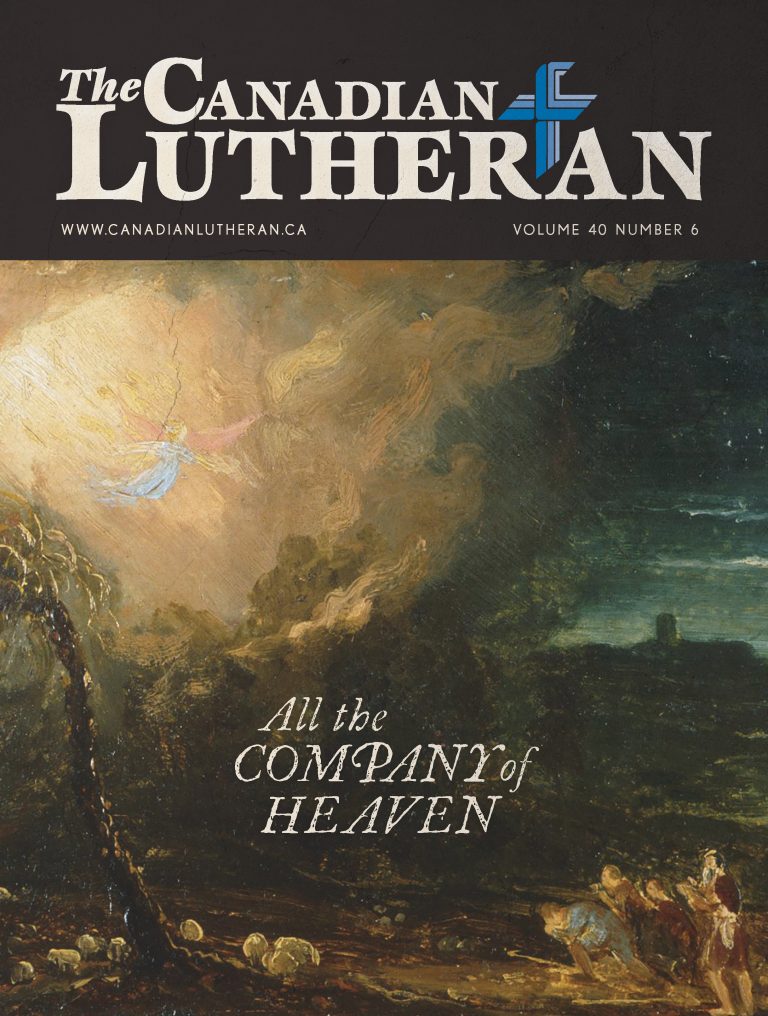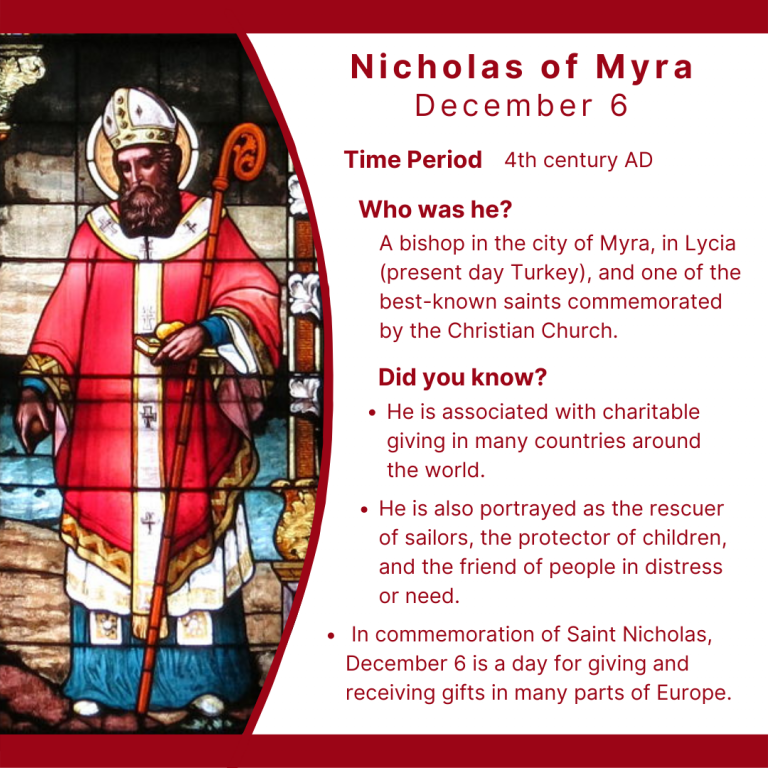History is Bunk

by Norman J. Threinen
“History is bunk.” So said Henry Ford in an interview recorded by the Chicago Tribune in 1916. Grade school students, who have been subjected to history as a bewildering collection of largely irrelevant dates which they were forced to memorize, may be inclined to agree with Ford’s comment. Perhaps many other people in our culture will also agree with it as they bustle and run after the “new” and the “now.” In view of the approaching 500th anniversary of the Lutheran Reformation in 2017, is there something we can learn from Martin Luther and the Reformation about history and its value for the Christian life today?
Martin Luther was not an historian, strictly speaking; he was primarily a theologian and an interpreter of the Bible. Yet, he shared with the German humanists a great interest in history. Schools in Luther’s day focused on grammar and syntax. Luther bemoaned the fact that he had not read more poets and historians in school. “No one taught them to me,” he wrote to the Councilmen of Germany in 1524. While Luther did not object to studying cases and tenses as such, he was concerned that children be educated and trained “to fit them for their task,” as the Romans and Greeks did at an earlier time.
When the University of Wittenberg was founded in 1502, it did not have a history professor or a history department. Even so, history was part of the foundation of the university and part of the wider change which bore fruit in theological reform. In contrast to the prevailing tendency to use the allegorical method of interpreting the Scriptures, Luther and his colleagues used the historical method. The stories in the Bible record real events. They happened to real people. They are recorded to provide a theological message that man is by nature sinful but God is merciful. But the events and the people themselves are historical. In relating the stories of Abraham, Luther says, “What is Abraham except a man who hears God when He calls him, that is, a merely passive person and merely the material on which divine mercy acts?… the material that the Divine Majesty seizes through the Word and forms into a new human being and into a patriarch.” The biblical characters are no different from us and the message of how God acts with us in Christ is also not different.
The stories in the Bible record real events. They happened to real people.
Over the following years, it is evident that Luther read a great deal of history, including the Lives of the Popes by the English exile, Robert Barnes. Luther saw history filled with illustrations which were useful for teaching. Varro, a prolific writer in ancient Rome, had written, “The very best way to teach is to add an example or illustration to the word, for they help one both to understand more clearly and to remember more easily.” Putting this truth into the framework of his own Christian thinking, Luther said in 1538, “Histories are nothing else than a demonstration, recollection, and sign of divine action and judgment, how He [God] upholds, rules, obstructs, prospers, punishes, and honors the world, and especially men, each according to his just deserts, evil or good.”
Written history also provided clarity on what actually happened in the past. In 1519, when he was debating with Johann Eck in Leipzig, Eck accused Luther of being a follower of Johann Huss. Luther did some historical research in the records of the Council of Constance which had condemned Huss as a heretic a century earlier. This study provided Luther with accurate information on Huss’ views and supplied him with a proper defence against Eck.
In 1539, Luther penned a massive treatise On the Councils and the Church, which contained long discussions on the great Christological councils of the early church. Particularly interesting, even to the modern reader, is the blow-by-blow description of what happened as the representatives at this ecumenical council discussed the article that Christ was truly God as well as several nonessential matters at the Council of Nicaea. Luther includes a discussion of Emperor Constantine’s involvement, the nature of the conflict between the main protagonists, Arius and Alexander, and the dynamics which occurred between the various parties in the controversy. Twenty-first century Christians who recite the Nicene Creed regularly at worship might find a new appreciation for what they are led to confess in this creed by reading Luther’s treatise.
More and more, Luther’s interest led him to value the documents by which the ancient church clarified its theological positions. Luther and his colleagues did not see themselves as rebels only against the errors and tyranny of the papacy’s church. They considered themselves members and staunch defenders of the universal church of Christ. Thus, the Augsburg Confession constantly identified the position of the Lutheran princes with the position taken by the ancient church. And in 1538, Luther also did so in his personal statement document on The Three Symbols or Creeds of the Christian Faith.
Luther’s appreciation for history continued throughout his lifetime. In 1544, two years before his death, Luther composed his Brief Confession Concerning the Holy Sacrament. In it, Luther affirms, “If someone does not want to believe the article of faith concerning the Lord’s Supper, how will he ever believe the article of faith concerning the humanity and divinity of Christ in one person?” Luther supports his views, not as one might expect by the use of polemics, but by appealing to history. He writes, “Let the examples of history teach us this.” Then he singles out three men whose views were deemed to be heresy by the ancient church to illustrate his point: Arius, Macedonius, and Nestorius.
With the humanists, Luther did not see history as something which was cold and dead, a simple record of events which occurred in the past. History was a constant battle between God and Satan which flows from the past into the present. God is active everywhere in history, though he is often concealed behind a mask. By faith, one must look beyond fate to the God whose Word in the Scriptures and in His Son reveals the true meaning of history.
By faith, one must look beyond fate to the God whose Word in the Scriptures and in His Son reveals the true meaning of history.
It is important that we also recognize that history is dynamic and impacts our lives in a significant way. As the spiritual sons and daughters of the Reformation we need to see the same value of history for us in the midst of our trials and temptations of life.
———————
Rev. Dr. Norman J. Threinen is Professor Emeritus of Historical Theology at Concordia Lutheran Seminary in Edmonton.



